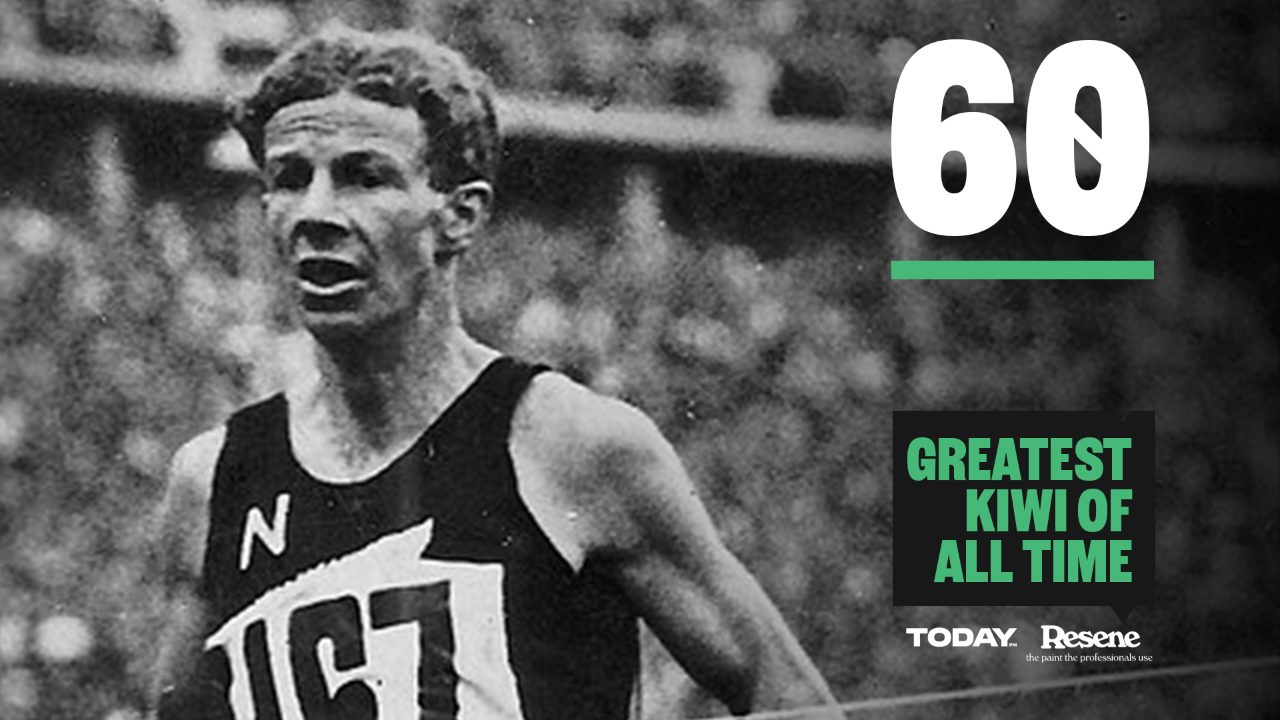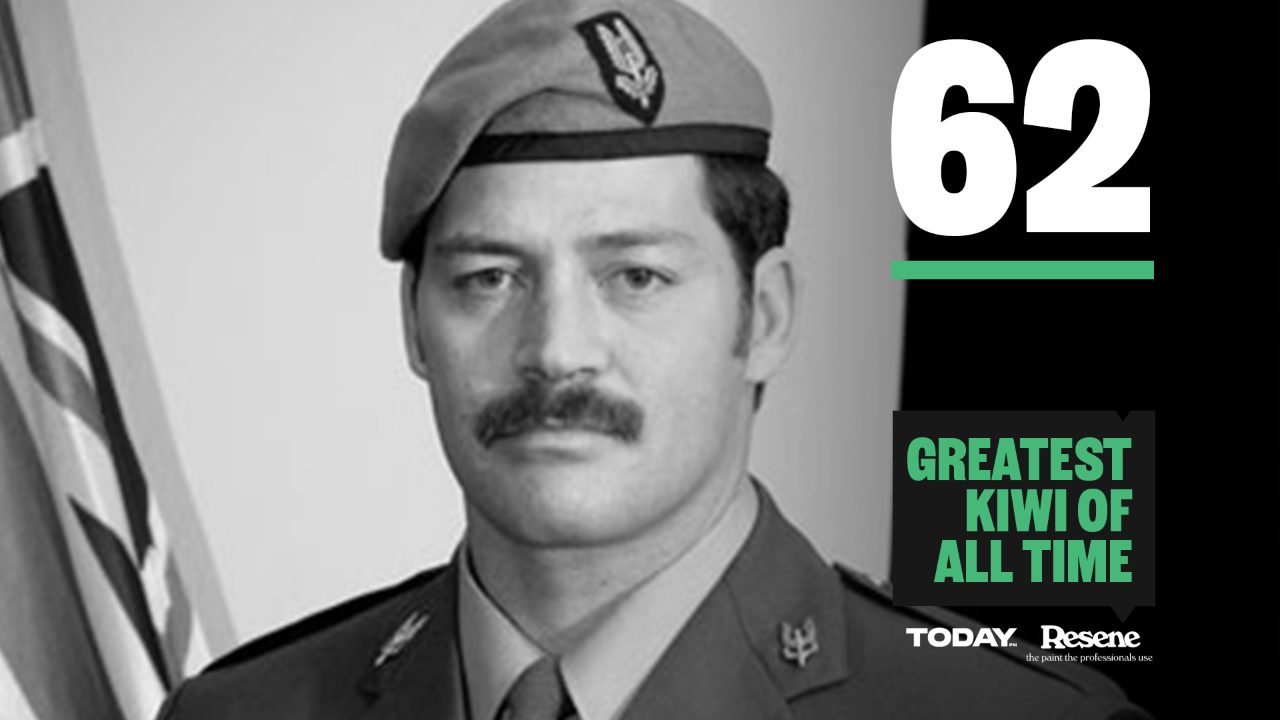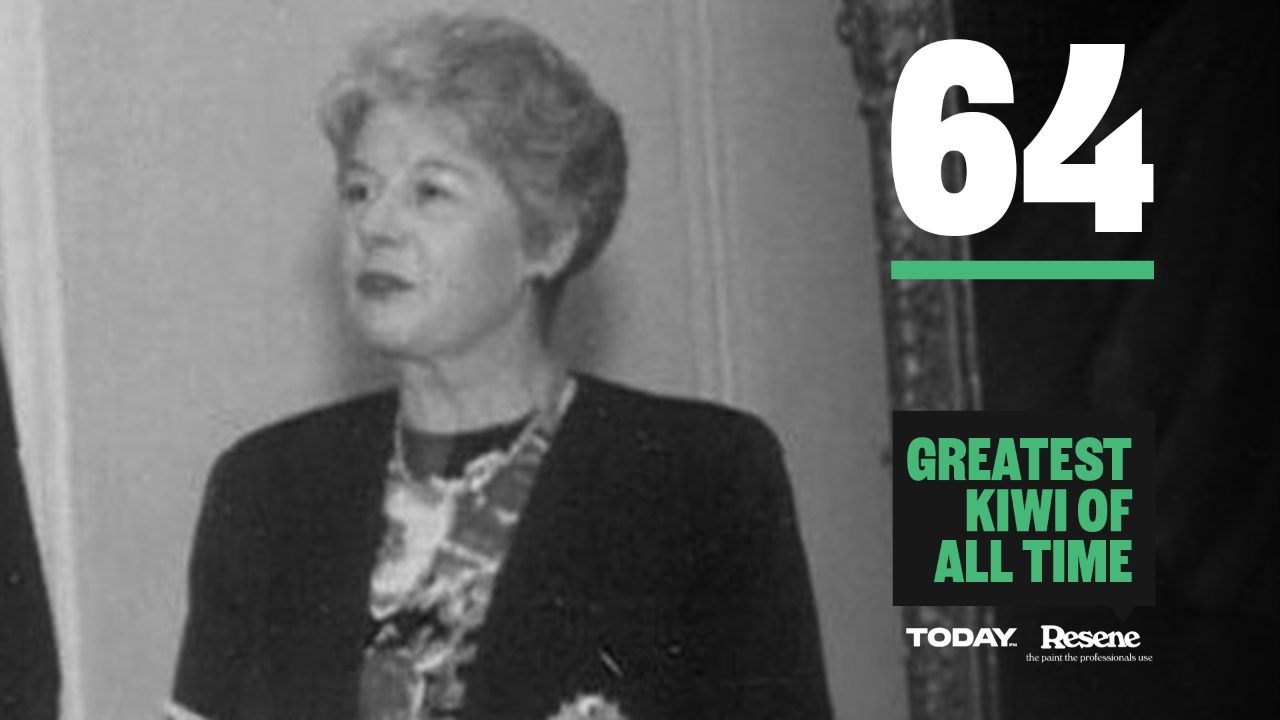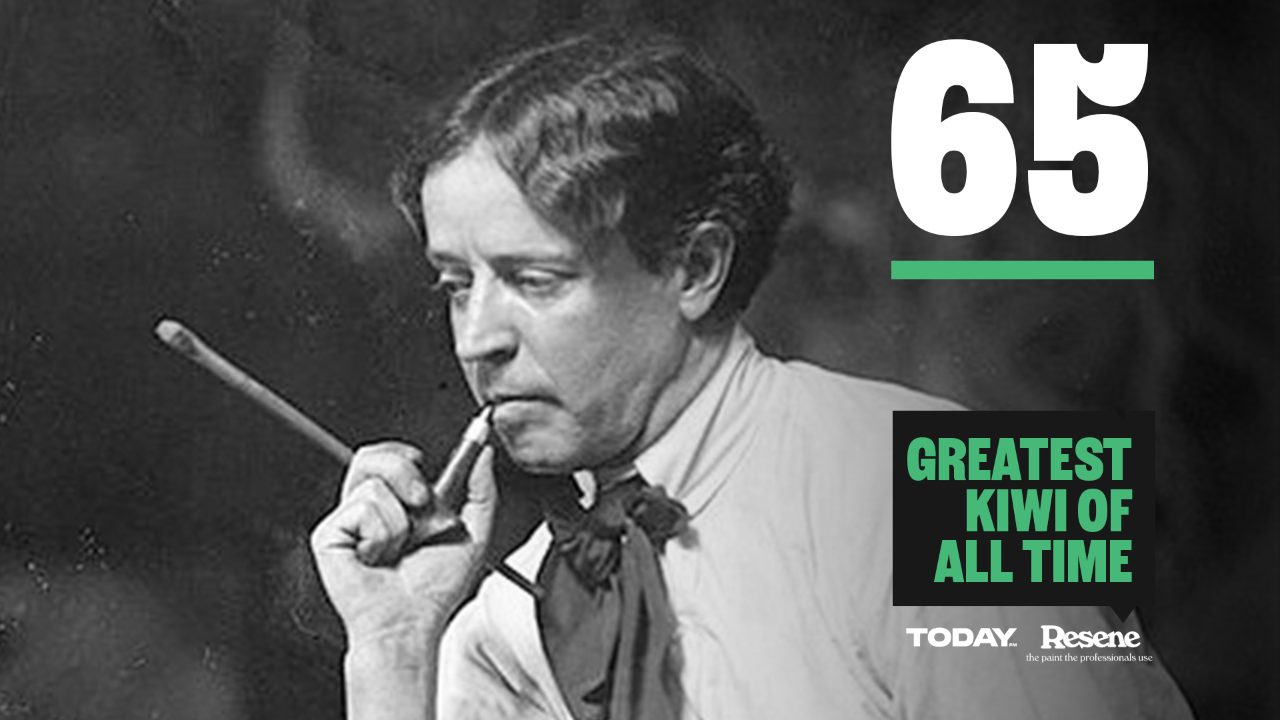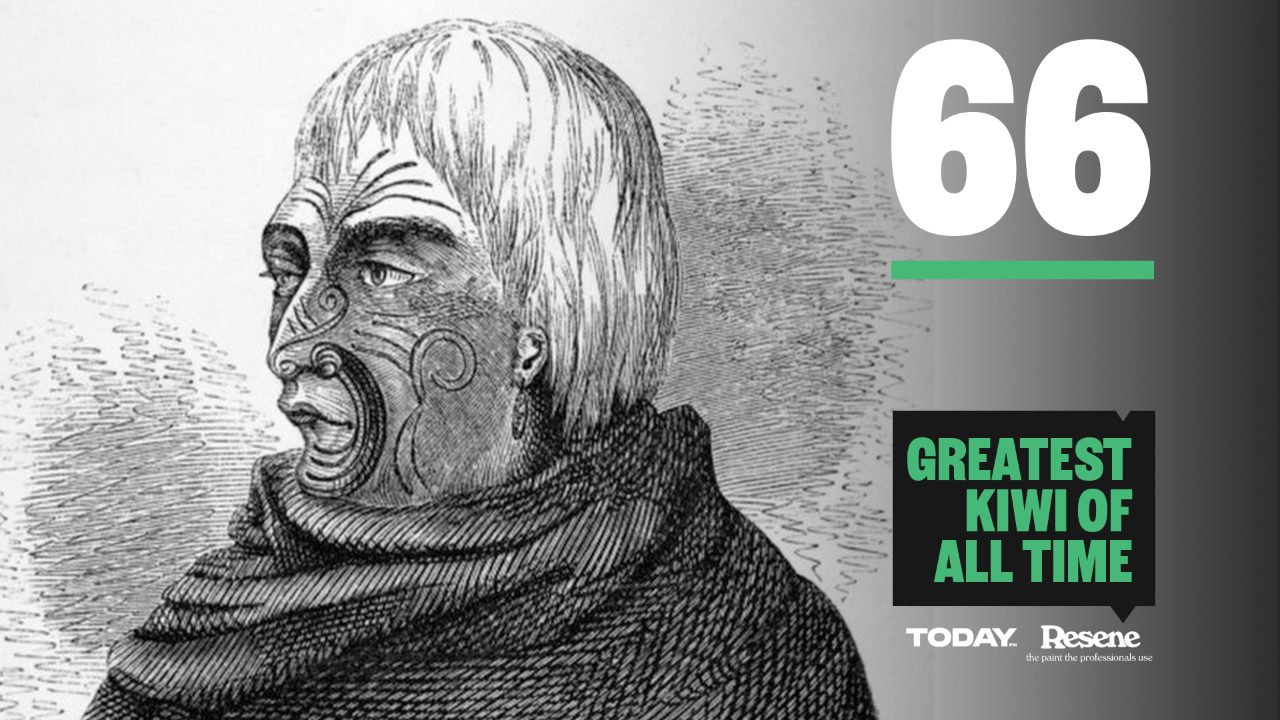The team at the Oxford English Dictionary have been busy officially incorporating new words into their collection, including 'chur' and 'balls deep'.
In addition, they have recognised 36 words from te reo Māori, bringing the total number of New Zealand-origin words to 47.
According to the dictionary entry, 'chur' is now officially defined as "used to express good wishes on meeting or departing, or to express thanks, approval, etc.: 'cheers!'"
On Thursday morning, broadcaster Julian Wilcox spoke to Tova O'Brien about the addition of 'chur' to the dictionary.
"I think it's because it's ubiquitous," Wilcox said.
"You asked the question of how it's used, it's one of those beautiful characteristics of Māori words and Māori slang where it can be used in multiple ways.
"People use it in the way that you might ‘cheers’ someone, but in actual fact, it's applicable to a whole bunch of things. Instead of saying Kia ora you can say 'chur', How are you feeling ‘chur’, bro go do that, ‘chur’. It's one of those kinds of words we can use in different ways."
The Te Reo words Oxford added are:
āe (“used to indicate assent: ‘yes'.")
e hoa ("As a form of address: friend, mate.")
e hoa ma (“As a form of address to a group of people: friends, mates.”)
iwi (“An extended Māori kinship group or community, sharing distant common ancestors.")
kaitiaki ("a guardian or steward, esp. of the natural resources of an environment or place.")
kaumātua ("a senior member of the community, an elder. More generally: any older person, a senior citizen.”)
kaupapa ("a principle or policy; the philosophy of a person, group, or organization.")
kēhua (“The spirit of a dead person; a ghost.”)
koha (“A gift; an offering, donation, or contribution.”)
kōrero (" to talk; to speak; to hold a discussion")
kuia ("an elderly woman, esp. one who is regarded as a senior member of a family or community.")
maunga ("a mountain, esp. viewed as a site of cultural and spiritual significance.”)
moko kauae (“A traditional Māori chin tattoo worn by women as a symbol of rank and status.")
Pai Mārire (“A 19th century Māori religious movement incorporating Christian and Māori spiritual elements.")
pepeha (“A statement by which a Māori group or tribe declares its identity and association with a particular place and ancestral people.")
pōwhiri (“A Māori welcoming ceremony.”)
rāhui ("a formal or ritualized prohibition against entering an area or undertaking an activity.")
rangatahi ("young people collectively; youth.”)
rangatiratanga ("chieftainship, nobility. Also: sovereignty, self-determination; the right of Māori people to rule themselves.")
reo ("the Māori language.”); rohe ( “A Māori tribal area or tribal boundary; an area, zone, or region.”)
taihoa ("To delay or postpone action; to procrastinate or wait; to proceed carefully.”)
tamaiti ("a child.”)
tamariki ("children.”)
tatau (“A traditional Samoan tattoo. Also: the art or practice of applying such a tattoo.”)
tino rangatiratanga (“The right of Māori people to rule themselves; political control by Māori people over Māori affairs.")
tuakana ("a boy or man’s elder brother, or a girl or woman’s elder sister.")
turangawaewae ("a place where one belongs or has established right of residence.")
wāhine toa ("a female warrior; (in extended use) any strong or brave woman.”)
wairua ( “A person’s soul or spirit.")
waka ama (" a Māori outrigger canoe; (later) a canoe of this type used for recreation or sport.")
whānau ("a family or community of related families, typically living together in the same area.")
wharekai ("The building in a Māori settlement or community in which food is served and eaten; a dining hall.”)
wharenui (" “In Māori communities: a large central building, usually carved and decorated, where assemblies take place; = meeting house.")
whenua ("Land, or a piece of land; esp. a Māori person’s or group’s native land.”).
Listen to the full interview between Julian Wilcox and Tova above.
You can also download the full interview on the Tova podcast, and listen on the go.




